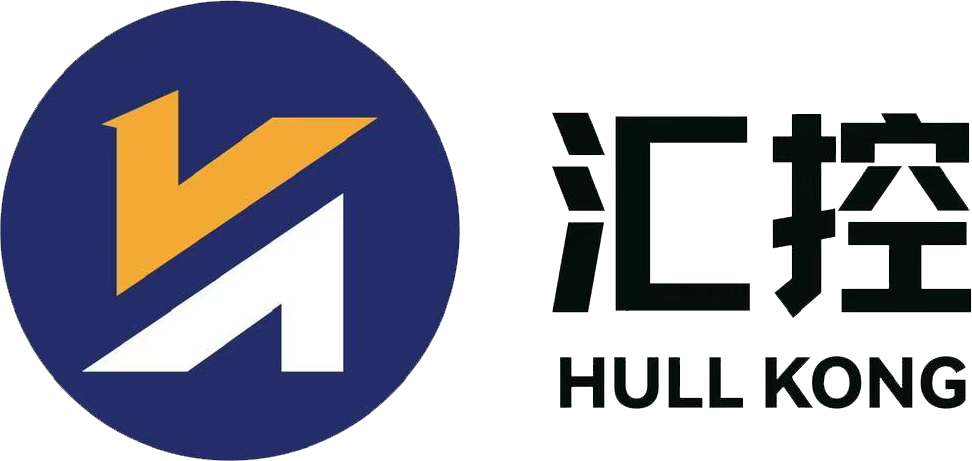The Essential Role of Labeling Machines in Modern Manufacturing and Packaging
Aug 04,2025
In today's fast-paced manufacturing environment, automation is key to achieving efficiency, accuracy, and cost-effectiveness. Among the many pieces of equipment driving this change, the Labeling Machine plays a crucial yet often overlooked role in ensuring products are correctly identified and market-ready. From food and beverage packaging to pharmaceuticals and consumer goods, the labeling machine has become an indispensable tool in the production line.
Labeling machines are designed to automatically apply printed labels to a wide range of products and packaging formats. They can be configured for bottles, jars, boxes, cans, tubes, and even flexible pouches. The accuracy and speed of modern labeling systems help eliminate manual errors and reduce labor costs while ensuring that every product leaving the production line is compliant with branding and regulatory requirements. Whether it’s a barcode, nutrition label, expiry date, or brand identity sticker, a labeling machine ensures consistent, legible, and correctly positioned application.
The global labeling machine market has experienced consistent growth in recent years, driven by increasing demands for packaged goods and rising standards in traceability and product identification. Manufacturers are now integrating labeling machines with other smart technologies such as machine vision systems, barcode scanners, and real-time monitoring software. These integrations allow for improved quality control, traceability, and operational transparency. For example, in the pharmaceutical sector, strict regulations require that every medication package carries accurate identification and tracking information, making high-precision labeling equipment a necessity.
In food and beverage industries, labeling machines must meet high hygiene standards and be adaptable to various packaging shapes and materials. Beverage bottles, for instance, often require full-body shrink labels or wraparound labels applied at high speeds. A modern labeling machine can handle these requirements effortlessly while maintaining tight tolerances in positioning and adhesive application. This enhances shelf appeal and ensures product consistency across batches.
The labeling process has also evolved to accommodate environmentally friendly packaging and sustainable labeling materials. More companies are turning to eco-friendly adhesives and recyclable label stock, and labeling machines are adapting with enhanced mechanisms that support these materials without compromising performance. Additionally, modular labeling machine designs allow companies to easily upgrade their systems as their labeling needs change, promoting long-term equipment usability and reducing waste.
As e-commerce continues to surge, product labeling is more important than ever. Accurate labels play a critical role in inventory management, logistics, and consumer communication. Labeling machines equipped with digital printing capabilities can now produce customized or on-demand labels, which are ideal for small-batch or personalized products. This flexibility enables businesses to respond quickly to changing consumer trends and improve customer engagement.
In conclusion, the labeling machine is more than just a device for sticking labels onto products — it’s a vital component of modern manufacturing that enhances product presentation, ensures compliance, and streamlines operations. As industries push toward smarter and more sustainable production practices, the evolution of labeling technology will continue to play a key role in shaping the future of packaging and logistics.
PREV:






